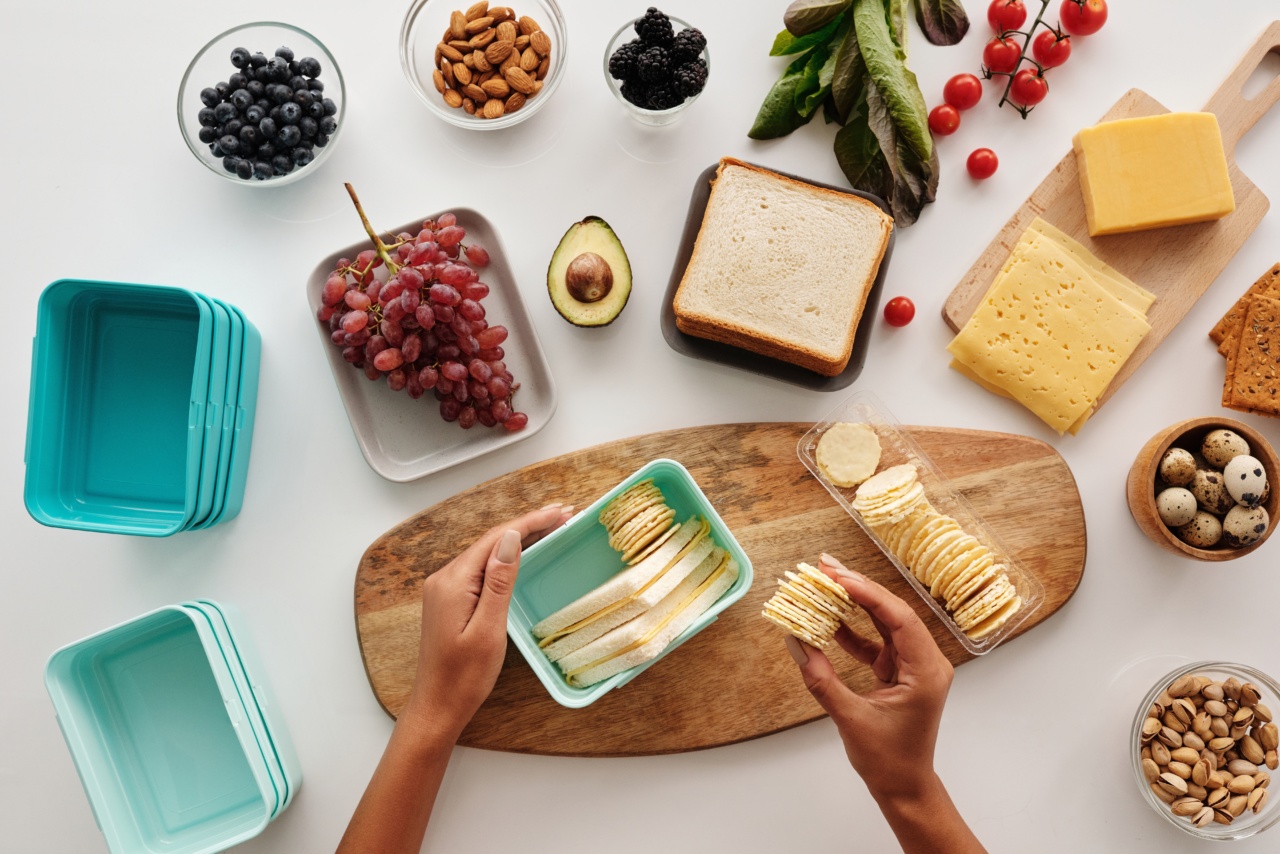Cancer is one of the leading causes of death in the world, and a healthy diet is one of the most important factors in reducing the risk of cancer.
While there is no one food or diet that can guarantee prevention, research suggests that incorporating certain cancer-fighting foods into your diet can help lower your risk.
1. Cruciferous Vegetables
Cruciferous vegetables such as broccoli, kale, cauliflower, and Brussels sprouts are packed with cancer-fighting compounds known as sulforaphane and indoles.
These compounds have been shown to have anti-cancer effects on colon, lung, breast, and prostate cancer cells.
2. Berries
Berries such as strawberries, raspberries, blueberries, and blackberries are rich in antioxidants and vitamins that have been linked to a reduced risk of cancer.
The high levels of polyphenols and anthocyanins in berries have been shown to inhibit cancer cell proliferation and induce cancer cell death.
3. Garlic
Garlic contains sulfur compounds, which have been shown to have anti-cancer effects. Studies have found that a diet rich in garlic can reduce the risk of stomach, colon, and esophageal cancer.
Garlic also has immune-boosting properties and can help lower blood pressure and cholesterol levels.
4. Leafy Greens
Leafy greens such as spinach, kale, and Swiss chard are rich in vitamins, minerals, and antioxidants that have been shown to have anti-cancer properties.
The high levels of phytochemicals in these vegetables have been found to slow the growth of cancer cells and reduce the risk of colon, breast, and lung cancer.
5. Tomatoes
Tomatoes are an excellent source of lycopene, a powerful antioxidant that has been shown to have anti-cancer effects. Studies have found that a diet rich in tomatoes can reduce the risk of prostate cancer.
Lycopene has also been found to have protective effects against breast, lung, and stomach cancer.
6. Nuts and Seeds
Nuts and seeds such as almonds, walnuts, chia seeds, and flaxseeds are rich in healthy fats, fiber, and antioxidants that have been linked to a reduced risk of cancer.
The high levels of phytochemicals and lignans in nuts and seeds have been found to inhibit cancer cell growth and induce cancer cell death.
7. Turmeric
Turmeric is a spice that contains curcumin, a powerful antioxidant that has been shown to have anti-inflammatory and anti-cancer effects.
Studies have found that curcumin can slow the growth of cancer cells and reduce the risk of colon, breast, and prostate cancer.
8. Whole Grains
Whole grains such as brown rice, quinoa, and oats are rich in fiber, vitamins, and minerals that have been linked to a reduced risk of cancer.
The high levels of antioxidants in whole grains have been found to have protective effects against colon, breast, and stomach cancer.
9. Fatty Fish
Fatty fish such as salmon, tuna, and mackerel are rich in omega-3 fatty acids, which have been shown to have anti-inflammatory and anti-cancer effects.
Studies have found that a diet rich in fatty fish can reduce the risk of colon, breast, and prostate cancer.
10. Citrus Fruits
Citrus fruits such as oranges, lemons, and grapefruits are rich in vitamin C, a powerful antioxidant that has been linked to a reduced risk of cancer.
The high levels of flavonoids in citrus fruits have been found to have anti-cancer effects on colon, breast, and stomach cancer cells.
Conclusion
Incorporating cancer-fighting foods into your diet can help lower your risk of cancer and improve overall health. While there is no one food or diet that can guarantee prevention, a diet rich in these foods can provide numerous health benefits.
Eating a variety of whole foods, including fruits, vegetables, whole grains, lean protein, and healthy fats, can help you maintain a balanced and nutritious diet.





























